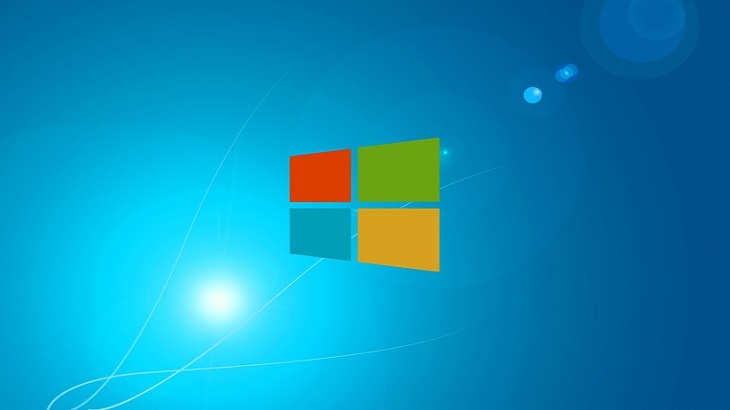Moving Past Windows 7 — Should You Pull The Trigger?
A few weeks ago, we touched on the idea that Microsoft will no longer support Windows 7 updates in 2020. This led some users into a frenzy about upgrading to Windows 10 and the cost associated with it. Others were ready to ditch Microsoft altogether, and change to another operating system, like Linux.
Regardless of how you choose to move forward, it is important you understand why keeping Windows 7 on the device may not be the best option.
First, Windows 10 is newer and has security features at its core. Alternatively, Windows 7 is seven years old. The technology used to develop this operating system does not emphasize cyber security, and quite frankly is dated.
That being said, there are several users who would rather jump off the Microsoft bandwagon than upgrade to Windows 10. There are concerns it won’t work on their machines, or certain program’s compatibility with Windows 10. Additional concerns include the price to upgrade, as well as Microsoft’s spotty history with Windows 10 updates creating massive issues for the user. All of which are legitimate concerns.
To address some of these concerns, we encourage users to first check the compatibility of their PC to Windows 10 with the compatibility checker offered here.
Second, if the device is compatible users may upgrade to Windows 10 free of charge.
We encourage users to upgrade to Windows 10. Continuing to run Windows 7 after the patches stop is risky, after all, you’re leaving known security gaps open for hackers to exploit.
To upgrade to Windows 10, free of charge, click here.




